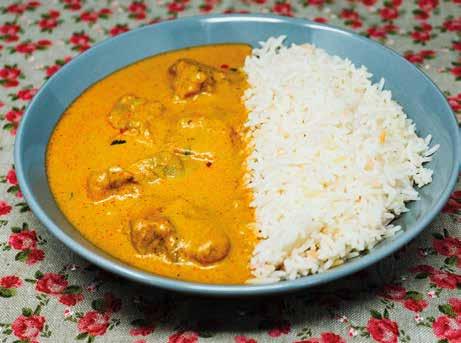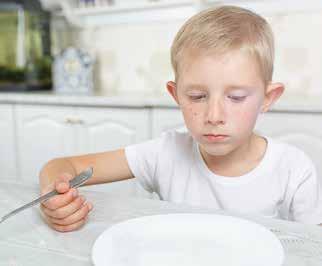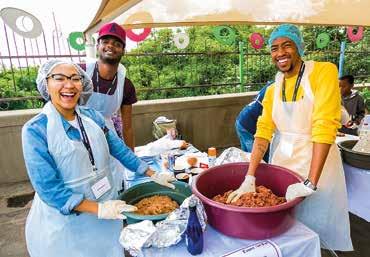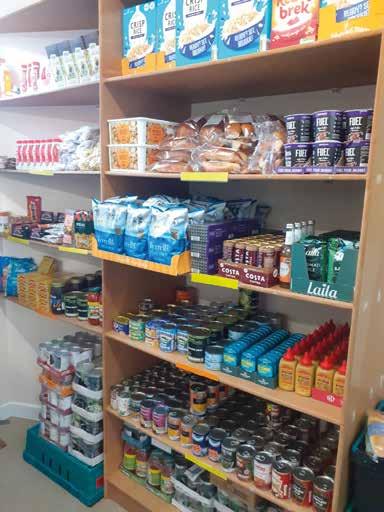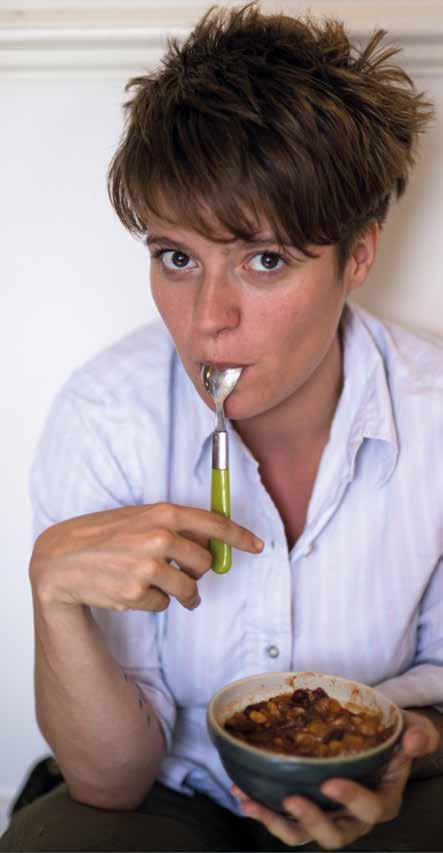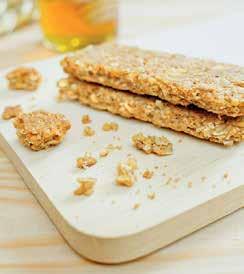
6 minute read
Free school meals
by Quids in!
Family PUPIL PREMIUM AND FREE SCHOOL MEALS
If you qualify for free school meals, make sure your school is getting the Pupil Premium
Advertisement
Mmany of us aren’t receiving the benefits we are entitled to – and that's particularly true when it comes to our kids.
The Pupil Premium is an extra benefit for children that receive free school meals, and it's often not claimed. Here’s everything you need to know about the scheme and how to apply for it.
It was introduced by the Government in 2011.
HOW IT WORKS Schools receive a sum of money for each pupil, and put it towards ways of improving their performance in class.
Quids in! says it all the time, but still many of us aren’t receiving the benefits we are entitled to. The Children’s Society estimates that one million children are missing out on free school meals and are going hungry.
DO I QUALIFY? If we receive Universal Credit, (and provided we have a net income of £7,400 or less), or Income Support or Income-
based Jobseekers’ Allowance, then our children will be eligible for free school meals. Also, children who are or have been in care, and children who have a parent who is or was in the armed forces, are entitled to Pupil Premium.
In 2019-20, £2.41 billion of Pupil Premium funding was allocated to around two million pupils across the UK. The amount of money given for each child depends on their family circumstances. From reception to year 6, schools receive £1,345 per eligible child. For kids in years 7-11, it’s £955. It’s more again if a child has been in care or adopted.
Remember! If our children have qualified for free school meals on the above grounds in the past, but are no longer eligible, schools still receive the Premium for another six years.
Visit our website to make sure you qualify www.quidsinmagazine.com/freeschool-meals/
HEALTHY START VOUCHERS If we're on benefits, are pregnant and under 18, or have children under the age of 4, we could qualify for free food vouchers. Healthy Start vouchers can be spent on milk, fresh, frozen, and tinned fruit and vegetables, fresh, dried, and tinned pulses, and infant formula milk. We can also get free vitamins. To check if we qualify visit qimag.uk/pupilpremium
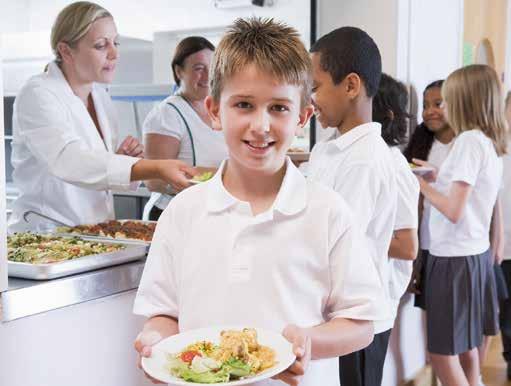
HOW IS IT SPENT? It is up to the school to decide how they spend their Pupil Premium money. It is usually put towards one-to-one support within the classroom, employing extra teaching assistants, running a breakfast club, family therapy sessions or funding school trips. Some schools use the funding to help out individual pupils, by doing things like buying them a PE kit or tablet.
HEALTHY START We could also qualify for Healthy Start Vouchers (if we're on benefits, are pregnant and under 18, or have children under the age of 4). The vouchers can be spent on milk, fresh, frozen, and tinned fruit and vegetables, fresh, dried, and tinned pulses, and infant formula milk. We can also get free vitamins. To check if we qualify visit www.healthystart.nhs.uk
THINK YOU ARE ENTITLED TO FREE SCHOOL MEALS AND THE PUPIL PREMIUM? Get in touch with your Local Authority and your school, to be registered.
More on free school meals (and help with other costs like uniforms or school trips) www.entitledto.co.uk
WASTE NOT, Quids in! joins the Family campaign to cut down WANT NOT on food waste, saving our world and our pennies
Hugh Fearnley-Whittingstall is used to a good fight. But he admits that the challenge of taking on food waste is an even bigger one.
But it’s not just the pennies we’d be saving if we could cut back on the waste.
It takes a lot of fresh water to raise crops and rear livestock – all wasted when we bin the goods. About 45 trillion gallons of fresh water is wasted this way. To get it from the ground to the shops takes particularly salad, herbs, carrots and parsnips. They are best kept in the packaging until you want to use them.
2Mushrooms will sweat and rot if left in plastic so transfer them to the fridge in a paper or cloth bag.
3Potatoes should not be kept in plastic either. Store your spuds in paper, cloth or netting, in a dark, cool place, but not the fridge. water and store in a cool place or the fridge. a lot of haulage, usually meaning heavy trucks guzzling plenty of fuel. But then, as wasted food rots, it releases methane, a greenhouse gas adding to global warming. In a similar vein, when farmed produce uses space that could be woodland breathing life back into the air. Add to that, our leftovers are polluting 900 million hectares around the world.
We throw away a whopping seven million tonnes of food and drink every year, and more than half of this is food bit limp dunk it in a bowl of iced water for a few minutes and it will be magically revived. parsnips and carrot peelings can be turned into delicious veggie crisps. Make sure they’re clean (it’s easiest to scrub them well before peeling!) then toss with oil, season and roast on a baking tray for about 12 minutes at 200C/gas 6.
7Preserve ripe bananas by keeping them in the fridge. The skins will blacken but the flesh will be fine. and drink we could have eaten. This costs the average household £470 a year, rising to £700 for a family with children. That’s pretty much £60 a month.
“We’ve lost the sense of responsibility for our actions, and of trusting our own resources, our nose and our common sense,’ says Hugh, adding: “Use-by sounds like an order. It makes people think that at midnight on the 29th, something’s going to go from a perfectly safe food to a deadly
HUGH’S TOP TEN TIPS FOR YOUR FRIDGE TO HELP YOU STOP WASTING FOOD

1A lot of fresh produce (sadly) comes in plastic bags at the supermarket,
4If you’ve used half a bunch of herbs, trim the stems of the rest, put in a jug of 5 If your salad or spinach leaf is a
6Don’t bin the skins! Potato, beetroot,
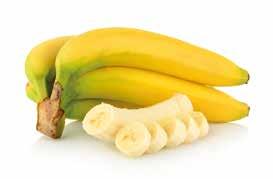
poison. Of course, it isn’t like that.”

First published in Quids in! issue 29, winter 2015 8 Softening berries can be crushed, (and sieved if they’re pippy), then combined with honey and yoghurt, poured into lolly moulds and frozen for a healthy treat.
9Found yourself with strawberries just past fresh? Make ‘raw jam’ by slicing them, squeezing over some lemon juice and sprinkling on some sugar. Leave for half an hour or so and the juices will form a delicious syrup on the fruit.
10 Freeze hard cheese! In fact, freeze any dairy product that’s going out of date (except soft cheese). Butter, cream, milk and hard cheese can all be frozen then defrosted and used as normal.
≠ Join the Twitter campaign. Search #wastenot

